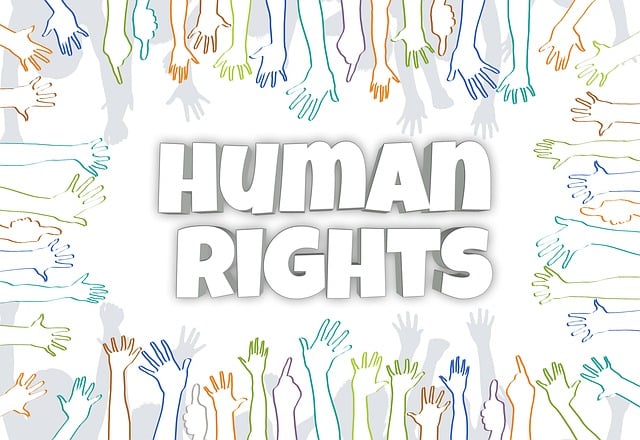Unwanted phone calls targeting Littleton, New Hampshire residents from telemarketers using automated systems are a growing problem. Federal and state laws like the TCPA offer protections, empowering homeowners to block, complain, and take legal action against harassing calls. By identifying sources, blocking numbers, registering with "Do Not Call" lists, and consulting specialized lawyers, residents can reclaim their personal time from intrusive telemarketing.
In the age of relentless digital connectivity, New Hampshire residents in Littleton face a modern nuisance: unwanted phone calls from telemarketers. This persistent issue has sparked debates and led to legal protections. With smartphones becoming the primary communication device, understanding how to navigate these calls is essential. This article explores the problem, delves into relevant laws protecting consumers, and offers practical strategies for residents to regain control over their cellphone interactions, empowering them against invasive telemarketing practices.
Understanding the Problem: Unwanted Calls in Littleton, New Hampshire
In today’s digital era, what was once a nuisance has become a persistent problem for many Littleton, New Hampshire residents—unwanted phone calls. Whether it’s on their landline or cellphone, and often through automated systems, residents are plagued by unsolicited telemarketing calls and messages from various sources. This issue extends beyond mere annoyance; it invades personal time and space, with no end in sight. Many a Littleton homeowner has found themselves struggling to manage the constant influx of phone calls, especially considering the rise in the use of smartphones for both personal and work-related communication.
The situation is further complicated by the fact that not all unwanted calls originate from telemarketers. Some are legitimate business calls or even emergency notifications, making it challenging for residents to discern between necessary and nuisance calls. As a result, many Littleton citizens have turned to legal avenues, seeking assistance from lawyers specializing in telecom regulations to better understand their rights and protect themselves from these incessant phone invasions. New Hampshire laws regarding unsolicited phone marketing play a crucial role in mitigating this problem, giving residents some control over their communication experiences.
Legal Perspectives: Protecting Residents from Telemarketers
In New Hampshire, residents have specific legal protections against unwanted phone calls, particularly those made by telemarketers. The Telephone Consumer Protection Act (TCPA) is a federal law designed to curb excessive or invasive phone marketing, empowering individuals to take action against persistent telemarketers. This legislation prohibits automated or prerecorded messages sent to personal phones without prior express consent.
If a Littleton resident feels their privacy has been invaded due to unwanted calls on their smartphone or cellphone, they have the right to file a complaint with the Federal Communications Commission (FCC). Additionally, New Hampshire state laws further reinforce these protections, ensuring that residents can live free from harassing telemarketing practices. A lawyer specializing in consumer rights can guide affected individuals through legal avenues to hold telemarketers accountable and stop the deluge of unsolicited calls.
Strategies for Residents: How to Deal with Persistent Calls on Smartphone and Cellphone
Littleton residents dealing with unwanted calls on their phones have several strategies at their disposal. The first step is to identify the source of the calls. With advancements in technology, telemarketers often use automated systems that make it difficult to trace the exact origin. However, reviewing call logs can provide clues about recurring numbers. Once identified, blocking these numbers through your phone’s settings or using third-party apps designed for this purpose can significantly reduce unwanted calls.
Additionally, residents should consider registering their phones with “Do Not Call” registries, both at the state and national levels, including New Hampshire’s official registry. This simple step can help prevent unsolicited sales calls. If persistent calls continue despite these measures, consulting a lawyer specializing in consumer rights could be beneficial. They can guide you through legal options available to stop these unwanted intrusions on your personal space and time.




